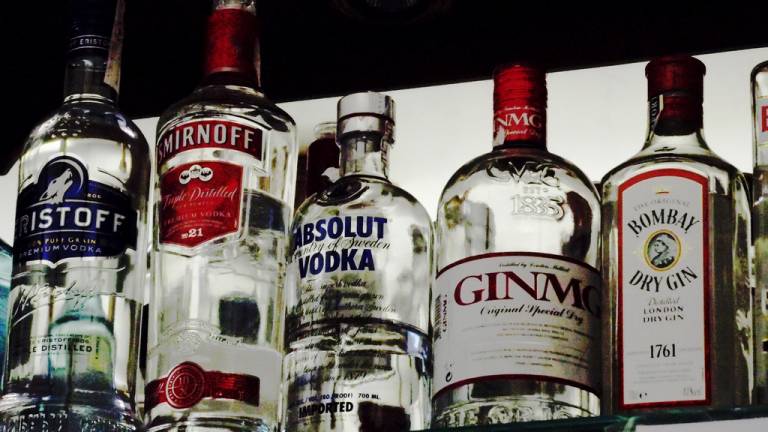What influences 11 year olds to drink?
7 March 2016
Children are less likely to drink if they have heightened perceptions of the harms of drinking and negative expectations towards alcohol - such as that it leads to difficulties with peers or impacts on school work - according to a new UCL-led study.

Data from 10,498 children aged 11 was analysed, with the researchers finding that around one in seven had drunk more than a few sips of alcohol at least once. The study, published today in BMC Public Health, is the first to examine drinking behaviours in very early adolescence in relation to a wide range of factors that are associated with alcohol consumption in children - such as family, friends, and the young person's views about alcohol.
The researchers found that nearly 14% of 11 year olds had drunk more than a few sips of alcohol at least once. While they emphasise that it is not possible to make statements regarding cause and effect with this sort of study, the numbers do show a strong association between 11 year olds drinking and their friends' and mothers' behaviour.
Children whose mothers drank heavily were 80% more likely to drink than those whose mothers didn't. Children whose friends drank were five times more likely to drink than those whose friends did not drink. It was also found that friends' drinking had a stronger association with children's alcohol consumption than parent's drinking.
Other factors associated with drinking were having started puberty, being a second or later born child, having socio-emotional difficulties (e.g. sustaining positive relationships, experiencing, managing or expressing emotions) and antisocial behaviours. Boys were found to be more likely to drink than girls
Positive perceptions of alcohol were associated with increased odds of a child drinking. These include perceptions that alcohol makes people feel better about themselves or that it makes it easier to make friends. Other factors associated with increased odds of a child drinking were a lack of parental supervision on weekends and weekdays, and not being happy with family relationships.
Lead author Professor Yvonne Kelly (UCL Epidemiology & Public Health) said: "Drinking in adolescence is considered a 'risky' behaviour, it often co-occurs with other 'risky' behaviours and it is linked to educational failure and to premature mortality, for example via accidental deaths. Improving our understanding of the factors that influence drinking is important as it has implications for the development of policies and interventions aimed at reducing 'risky' behaviours."
The researchers concluded that while the vast majority of children at the age of 11 are yet to explore alcohol, investigating in more detail the context in which the children drink - who they drink with, where, when, what they drink and how they acquire alcohol - could help inform effective policy and alcohol harm prevention strategies to mitigate the risk associated with drinking in youth.
Professor Kelly added: "Our findings support the need for interventions working at multiple levels, including family and school, to help shape choices around risky behaviour including drinking".
 Close
Close

